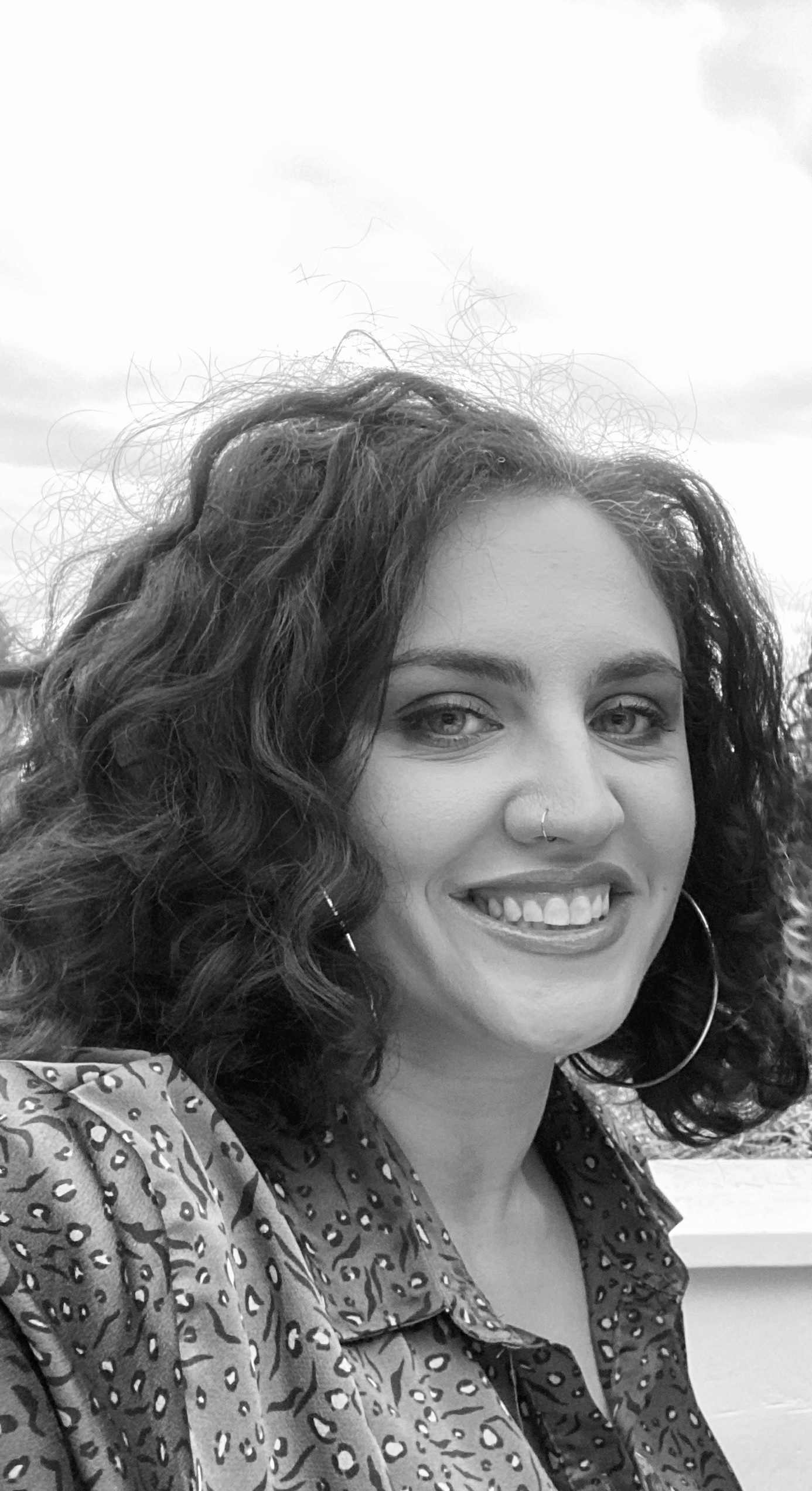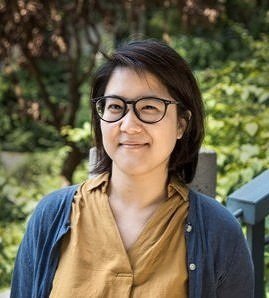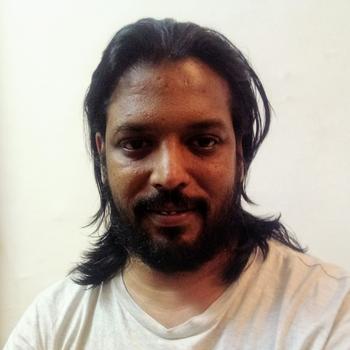Theatre & Performance Studies Research Events
Theatre and Performance Studies at Warwick has an active research community. As well as having a departmental Research Seminar Series which meets twice-termly, there are regular events hosted by individual members of our community relating to their current research projects. Above you'll see a link to our 'Past Events'. From here you can find out about individual events hosted recently, but can also link to ongoing research project webpages.
Departmental Seminar Series
Every year Theatre and Performance Studies run a twice-termly departmental seminar series. The dates and times for the 2023/24 Theatre and Performance Studies seminar series are as follows:
Research Seminar, TBC
Jaswinder Blackwell-Pal and Shane Boyle, ‘One for the money, two for the show’:Taylor Swift as Commercial Infrastructure


Show business is big business. Nothing exemplifies this truism more today than the industry that is Taylor Swift. But what kind of business is show business exactly? What does the business of putting on a grand performance, like Swift’s ongoing international “Eras Tour,” share with other capital-intensive commercial undertakings? This talk proposes a definition of commercial performance as a form of show business geared, first and foremost, to circulation. Commercial performances, we contend, have the capacity to move but are also defined through the particular way they abet and depend on the circuit of capital.
Our paper considers what Swift can tell us about how commercial capitalism operates today. To do this requires taking seriously both the role of performance in the “Eras Tour”, but also all of the material infrastructure it demands—the trucks, the planes, the stadiums, the workers, the supply chains, and more. In addition, this paper will explore how the profitability of huge musical tours like Swift’s are increasingly reliant on fan-maintained digital and physical infrastructures which aid their continued success and circulation. Contrary to those who emphasise the ephemerality and dematerialised quality of performance commodities, we insist on attending to the significance of the capital-intensive infrastructure on which commercial performance depends.
While written and presented by Jaswinder Blackwell-Pal and Shane Boyle, this talk draws on conversations and collective writing with colleagues who, for the past 18 months, have been collectively researching commercial performance.
If you would like to attend please email Rashna.Nicholson@warwick.ac.uk
Research Seminar, Wednesday 24 April 2024, 12.00-1.00 pm, Microsoft Teams
Soo Ryon Yoon, “Crazy Dance” in Cold War Inter-Asia:Ch'angmuhoe and Temporality of Korean Dance in the 1986 Hong Kong Festival of Asian Arts

This talk explores temporality in the choreographic experimentation of Korean dance company Ch’angmuhoe (창무회) and its 1986 performance in Hong Kong. Analyzing administrative documents, magazine and newspaper reviews, interviews, and dance movement descriptions, I discuss how the potential for inter-Asia relations manifested during the late Cold War years through the question of what defined post-Cold War contemporary Korean, Hong Kong, and Asian dance.
Korean dance company Ch'angmuhoe’s 1986 performance at the Hong Kong Festival of Asian Arts was hailed by the local media as a “crazy dance” for its original styles. While it was certainly not the first nor the last time for a Korean dance company to visit Hong Kong, Ch’angmuhoe’s presentation ofch'angjakch'um(창작춤) or “tradition-based choreographed dance” (as opposed to a reproduced traditional repertoire) for the first time in Hong Kong and Asia warrants a closer look. The political implications of this go beyond the formalistic significance: Ch'angmuhoe’s new style of traditional movement-based choreography raised a question of what defined contemporary Korean and Asian dance different from the essentialist representations of the folk and tradition. As such, Ch'angmuhoe’s show exemplified late Cold War ambivalence in cultural practices. A Cold War liberal democracy “alliance” was activated through promoting the “progressive” arts against the “outdated” aesthetic expressions of the Communist Bloc. Yet the political affinities with Euro-American hegemony were complicated by the efforts to seek new forms of expressions away from cultural essentialism frequently mobilized as an important repertoire in the US-sponsored Cold War campaigns in Asia.
I argue that studying these late Cold War dance exchanges and policies helps us revise the existing narrative of how contemporary Asian dance and its transnational relations came about only after the mid-1990s. In light of this, I also demonstrate that Ch’angmuhoe’s case of the Hong Kong performance interrogated contemporaneity of Korean dance beyond the binary opposition of the Western and the Eastern Blocs, laying a foundation for imagining a future inter-Asia dance network.
If you would like to attend please email Rashna.Nicholson@warwick.ac.uk
Past Events in 2023/24:
Research Seminar, Wednesday 28 February 2024, 12.00-1.00 pm, Microsoft Teams
Ameet Parameswaran, Theatricality, Passion and Tragic: Thinking though Theatre in times of Authoritarian State

The two-year national Emergency (1975-77) that curtailed the fundamental rights of people and the contemporary period in India are often seen in relation to each other. Both periods are marked by the excessive authoritarianism of the state, with the contemporary often said to be the period of ‘undeclared emergency’ or a continuation and intensification of the processes inaugurated in the earlier period. One of the key political issues that such authoritarianism presents is censorship in the form of banning and arrests or unleashing of physical violence on performers and spectators as well as the saturation of the public sphere by state rhetoric that erases and prohibits in complex fashion the representation of oppression and suffering. Foregrounding theatricality as a complex site for engagement with authoritarian regimes, the paper interrogates the ‘productive’ aspect of censorship even as it is prohibitive. Drawing on examples across the two time-periods, the paper explores the strategies of engagement with and the new aesthetics emerging from this condition, and how these works necessitate a complex conceptualisation of passion and the tragic.
If you would like to attend please email Rashna.Nicholson@warwick.ac.uk
Research Seminar, Wednesday 31 January 2024, 16.00-17.30 pm, Room 5.03 Faculty of Arts Building (FAB)
Julia Peetz
Performance, Theatricality, and the US Presidency: The Currency of Distrust
This seminar will present Julia's recently published bookPerformance, Theatricality, and the US Presidency: The Currency of Distrust(Edinburgh University Press, 2023) and look ahead to the role of performance and distrust in the 2024 US election. The erosion of trust in politicians and political institutions is a major challenge in early twenty-first-century democratic politics, not least in the United States. Rather than being a flaw or corruption, the potential for political distrust should be understood as an essential feature of representative democracy because representation works through performance.Performance, Theatricality, and the US Presidencyexplores performance as a constellation of factors: scripts, embodiment, ideas of selfhood, and historical norms and ideals. The book draws on key scholarship of political representation, rhetoric, and populism; on theories of performativity, theatricality, and acting; and on interviews the author conducted with political speechwriters spanning presidential administrations and campaigns from Ronald Reagan to Barack Obama to demonstrate both that distrust is inherent in representative politics and that in mainstreamed populism distrust becomes a focal point around which the theatre of politics revolves.
Research Seminar, Wednesday 29 November 2023, 12.00-1.00 pm, Room 0.16-0.18 Faculty of Arts Building (FAB)
Sharmistha Saha
From communities of belief to artists in performance: Nagakalam Pattu, the Covid-19 pandemic and Clear Enigma
This paper looks at the caste labour of Nagakalam Pattu, which is a form of Kalamezhuth Pattu where Kalam means floor art, ezuth is the act of writing/drawing, and pattu is to sing i.e. it is the song of drawing floor art. It is performed primarily by the Pulluva community, although different regions of Kerala, where this ritual art practice is found, often host other caste groups associated with this practice. Nagakalam Pattu is a negotiation with snakes of the region. The performance is mediated through the Pulluvas – a ritual which brings prosperity and keeps snakes away from destroying crops or biting small children. So is the belief regarding its efficacy. In 2014, I first saw a performance of Nagakalam Pattu as part of a narrative called Clear Enigma directed by Eugenio Barba. Clear Enigma was to have only one performance to celebrate the 50 year anniversary of Odin Teatret at Holstebro, Denmark where the theatre is located. However, from what is known, the village of Holstebro is not infested by snakes! Although both ritual and theatre have often been seen as embodied and transformative, this paper looks at what happens to caste labour that is entrenched in belief and a community’s social being, when it transforms into theatre. The paper will, in particular, look at the labouring lives of the practicing Pulluvas during the Covid 19 pandemic to address complexities that arise in thinking about art as work, ritual as caste labour, and traditional performances as intangible heritage.
If you would like to attend please email Rashna.Nicholson@warwick.ac.uk
Conference: Locations of (Dis)embodied Labour in Theatre and Performance, Thursday 30 November 2023
Keynote Speaker: Professor Nicholas Ridout (Queen Mary University of London)
This interdisciplinary conference brings together scholars from around the world to explore themes of labour and body in the practices, theories, and histories of performance, covering topics such as the gendered perspectives of labour, aesthetics of labour, the agency of labouring bodies, theatre as work, etc. For the full programme please visithttps://warwick.ac.uk/fac/arts/scapvc/theatre/staff/yangzizhou/locationsoflabour2023/.
Registration for in-person and online attendance is open until 16 November 2023.
The Global Cold War and Theatrical Modernism: A Case Study of Man-Guei Li
Jen-Hao Walter Hsu
Wednesday 18th October 12pm-1.30pm on MS Teams
In this talk, Hsu will explore the possible relationships between Cold War geopolitics and the formation of theatrical modernism from the 1950s through the 1970s in Taiwan. His research focus is on the leading figure in Taiwan’s theatre scene during this time period—Man-Guei Li (1907-1975), the revolutionary 'Little Theatre Movement', and dominant narratives about avant-gardism and Taiwan’s democratic process from the perspectives of Cold War geopolitics.
